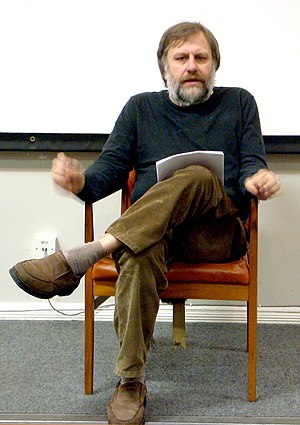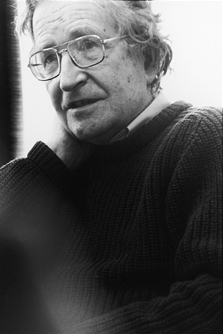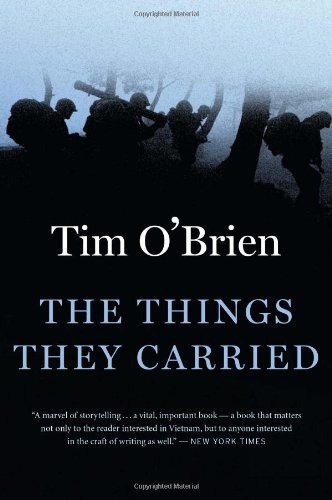From
NRA News: Why Zimmerman Verdict is Important to All Armed Citizens:
A not-guilty verdict will reinforce the principle of armed self-defense, even against a more powerful unarmed attacker, while a guilty verdict — either for second-degree murder or the lesser crime of manslaughter — could have a discouraging effect on the use of firearms in self-defense.
In the wake of the Supreme Court decision to partially repeal the
Voting Rights Act, the news that Zimmerman was found not guilty for shooting and killing Travyon Martin has already given rise to framing this verdict in racial terms. However, as you can see above, the NRA actually helps to remind us that this case can and perhaps must first be framed in terms of
gun rights and 2nd Amendment debates.
For the NRA, Zimmerman was exercising "the principle of armed self-defense," a principle that
Florida turned into law when they passed the infamous "stand your ground" law under which Zimmerman has now been found to be not guilty. That Zimmerman, and the NRA, believe Martin to have been a "more powerful unarmed attacker" is sufficient, under this law, to justify Zimmerman's actions.
If we were to continue with the racial framing, we'd surely ask whether "more powerful" is code here for "black male." As plenty of others far more qualified than me are already making this connection, I think it's important to think about whether the "stand your ground" law and our current understanding of the 2nd Amendment both helped to precipitate the death of Martin.
There is an argument to be made, in accordance with what is known as "
affordance theory," that the very existence of a weapon makes it more likely for people to use the weapons. This is sort of like a real-life parallel to
Chekhov's rule that if you show a gun in the first act of a play it's going to be used before the play is done. That almost anyone watching a play—oh who are we kidding, we don't watch plays today—a movie where a gun is shown early on knows that someone's getting shot, should already give some credence to affordance theory here. Hence the very ability to not only have a gun in the US, but to shoot someone who you feel is a danger to your "ground" in Florida, simply makes it more likely that people will be shot.
We need to remember that just because we
can exercise a right (like shouting in public or walking through a crowd swinging your arms and legs) doesn't mean that we
must exercise that right. If you want to believe the 2nd Amendment entitles you to live as if you're a well-regulated militia, go ahead. But it doesn't
force you to live that way. Rights and laws are weapons too, as Martin's death and Zimmerman's acquittal have made all too apparent.
See also: Emily Bazelon's
Zimmerman's Not Guilty. But Florida Sure Is.









































